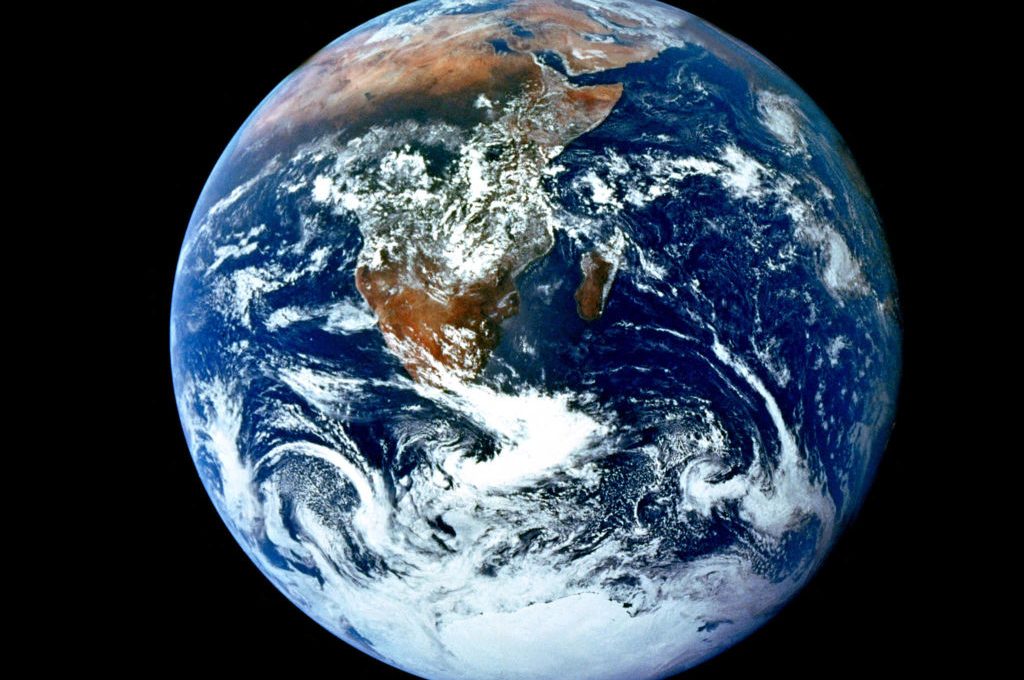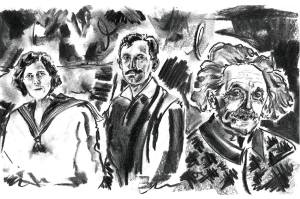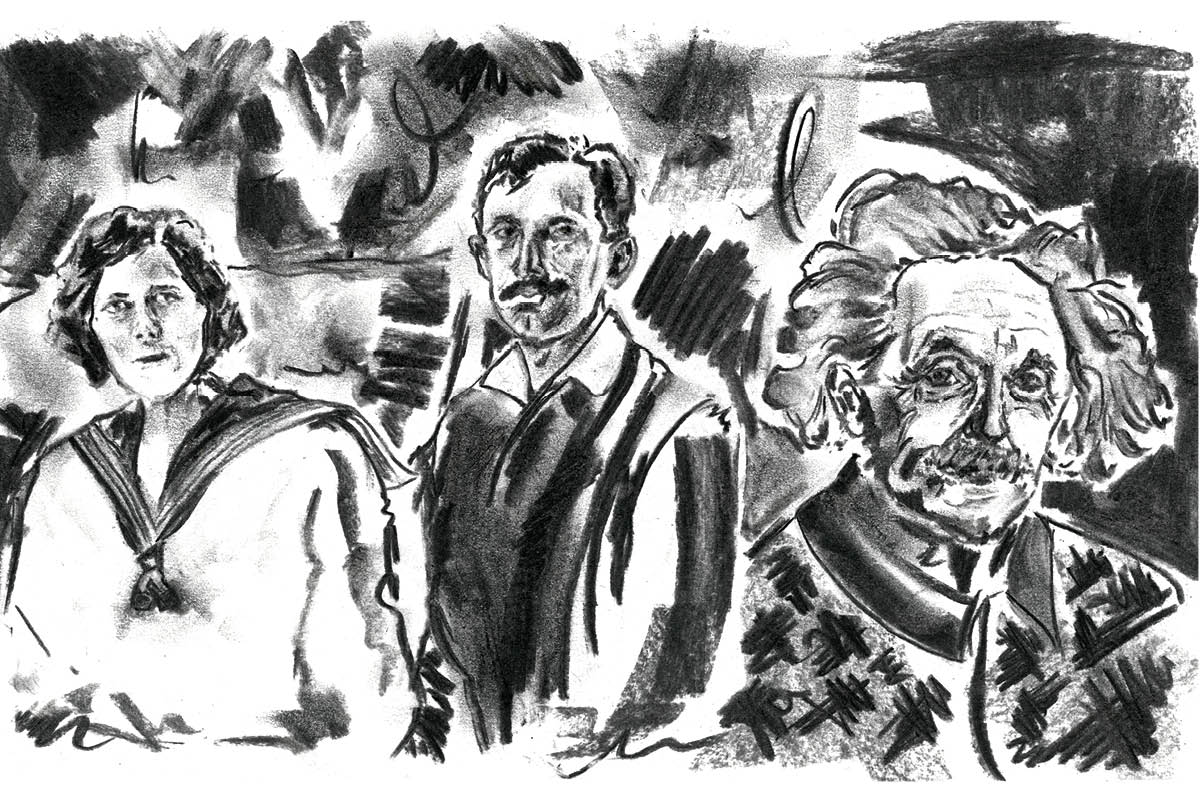Laramie, Wyoming
In 1988 Francis Fukuyama argued that the end of history had been reached in the form of liberal democratic capitalism, the ne plus ultra of human civilization. Three decades later it seems more likely that the direction of history will be theological, as the world comes reluctantly to recognize that science, democracy, capitalism and technology are insufficient to the achievement of human happiness, satisfaction and fulfillment.
The discouraging truth is that history, considered as political and social advancement since the end of the badly misunderstood Medieval period, is presently going backward; a process that makes the technological “miracles” of the past hundred years more dangerous than beneficial in a world that is hurtling toward “chaos and old night,” even while in the eschatological sense it is racing forward.
Primitive man’s chief preoccupation, beyond simple survival, was the gods. Later, science in its most rudimentary form began to intrude upon theology. As science grew more sophisticated, men came to understand scientific knowledge as the equivalent of power and as a means to achieving material comfort and affluence, especially when joined with the reciprocal invention of new political forms and structures in pursuit of a progressively evolving notion of human freedom.
Yet there is a direct relationship, first apparent in the last century and increasingly obvious since, between material and technological progress, together with the expansion of liberal democracy, and cultural, social and moral regression.
These shibboleths of modernity, for all the good they have done otherwise, have undeniably weakened the moral character needed to support the great achievements made possible by human intellect and creative powers that have proved stronger and more certain than its moral center. Our moral development as a species, in other words, lags well behind our intellectual one; hence the social and political chaos which distinguished the first quarter of the twenty-first century and the extreme and comprehensive physical and mental violence that has accompanied it.
The utopian historical project of the Christian West to advance itself irreversibly toward an ever more prosperous, secure, rational, dignified, enlightened and humane society that will approximate a perfected world, has been failing badly for more than a hundred years and appears today to be approaching a dead end, if it is not already there. A major element of the progressive dream is the certainty that man holds his destiny in his own hands, that he is metaphysically free and intellectually competent to set his own course, make his own history, determine his final end — and take himself there unaided.
From the beginnings of modern science, research, observation and experimentation all seemed to confirm a strictly materialist understanding of the cosmos that relegated religious belief to the category of superstition and the notion of a Deity to mythology. All that changed in the first two decades of the twentieth century, beginning with Einstein’s publication in 1915 of his Theory of General Relativity, which postulates that time, space and matter are related to each other.
Einstein himself had previously believed the notion of a Creator absurd, only to concede reluctantly that his own theory necessarily implied the existence of a supernatural Force, or Being, of some sort. Subsequent astrophysical research and cosmological investigation have only confirmed that conclusion, while elaborating on it by means of a series of astonishing discoveries. Several books published over the past forty years have dealt with the subject, of which one of the most recent is Dieu: La science, les preuves, by Michel-Yves Bolloré and Olivier Bonnassies, still awaiting translation into English after its publication in France more than two years ago.
These discoveries come at a time when improvements in material well-being and their greater diffusion around the world, redistribution of economic resources, technological advances that seem to obtrude upon the realm of science fiction, the creation of global systems of instant communication, “world peace” initiatives, the extension of democracy internationally (illusory as so much of it is) and of education have demonstrably failed to realize the social perfection that liberal democratic capitalism promised was at hand, if only “we” had the faith and the determination to follow through with them.
But whatever further advances in the human condition will be made in this century will not be accomplished in the spheres in which previous ones have been achieved. They will not be of the economic, political or technological kind — “progress” in those respects having accomplished the most it possibly can without being redundant, and perhaps worse— but in the moral and spiritual dimension of civilizations and of individual persons. In a multireligious world, a global Great Awakening is of course the most impossible of all men’s impossible dreams. Yet, lacking something approximate to it, human history is fated to end not in perfection but in disaster and ruin — apocalypse. In any case, does it matter? “My kingdom is not of this world.” Our own kingdom, being His, isn’t, either.
This article was originally published in The Spectator’s March 2025 World edition.


























Leave a Reply